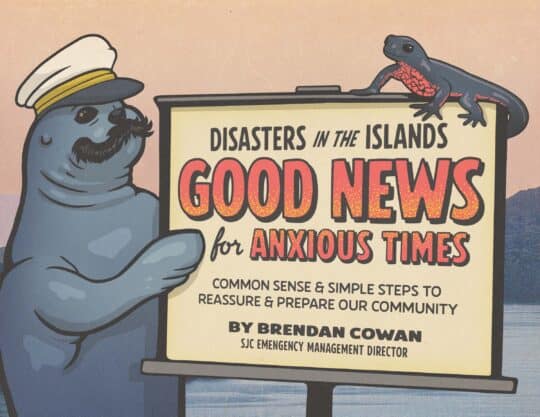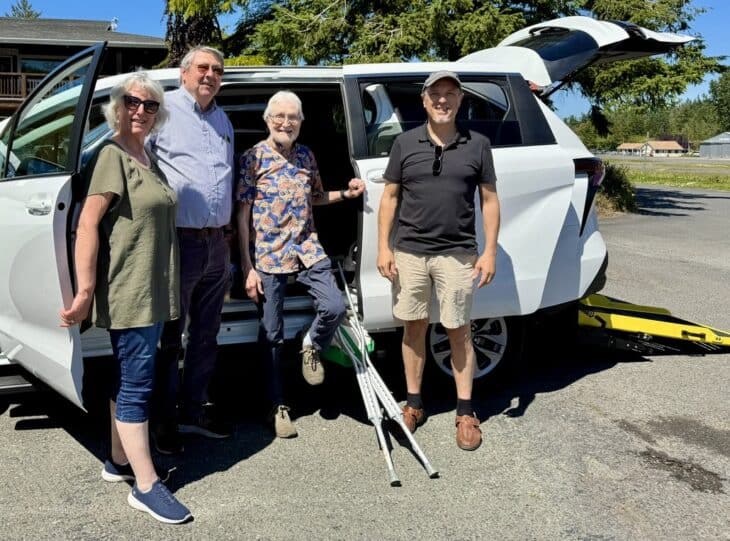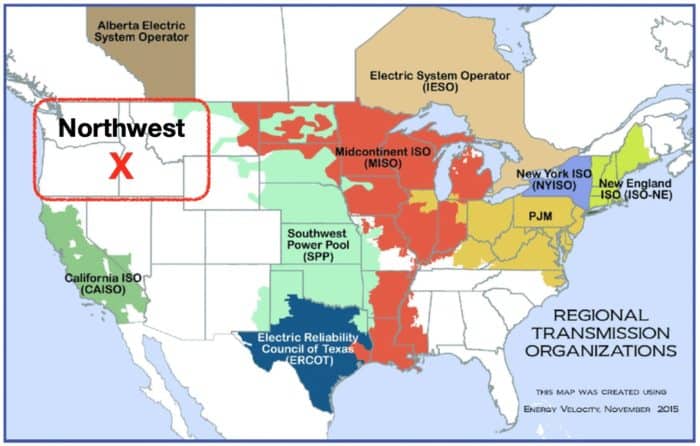Disasters in the Islands: Good News for Anxious Times
Common Sense & Simple Steps to Reassure & Prepare our Community
By Brendan Cowan / SJC Emergency Management Director
Visit www.islandsready.org/alerts to sign up for the local disaster alert system.
 Years ago, when I started teaching disaster preparedness education in the islands, islanders fell into two camps: those who had lived through island windstorms or California earthquakes and took preparedness seriously, and those who believed bad things never happened here and had their heads firmly in the sand.
Years ago, when I started teaching disaster preparedness education in the islands, islanders fell into two camps: those who had lived through island windstorms or California earthquakes and took preparedness seriously, and those who believed bad things never happened here and had their heads firmly in the sand.
My approach was aimed at the unprepared, and I would try to scare them into action. I was pretty good at making people lose sleep.
Times have changed, and today, I feel like nearly everyone is already plenty anxious. My job is to reassure folks the islands are a safe place all in all and being prepared isn’t so hard. The last thing any of us needs is someone using fear as a communication tool or to grab attention.
I probably get more questions and concerns lately about wildfire than anything else. Here are a few things to keep in mind:
- The overall fire risk in the islands is lower than almost anywhere else in the American West. Yes, it gets dry in the islands in summer, but our high relative humidity, lack of thunderstorms and a host of other factors mean risk here is relatively low. Check out www.wildfirerisk.org for a simple assessment.
- Despite our risk being relatively low, we still need to be thoughtful about fire.
-
- Dry grasses and smaller fuels burn fast.
- Keep fields mowed or hayed. Keep a safe space cleared around your house. Most of all, don’t start fires. Nearly all our fires are caused by humans. Cars parked in tall, dry grass, unattended campfires, illegal fireworks and metal-bladed tools—chain saws and mowers, for example—have all started island fires. We all need to be thoughtful in the summer
-
- While 99% of the time fires that start in grass or thin brush tend to slow down when they hit larger trees and forest, there are rare occasions when easterly winds blow dry and hot air to the islands.
-
- This only happens every 10 to 20 years or so, but when it does, we’re at risk of a catastrophic fire. If that occurs, we’ll spread the word the islands are facing extreme fire risk, and all activities that could start a fire need to stop until conditions improve.
-
- Most importantly, all islanders need to prepare by readying their homes and property in advance. Visit wildfireready.dnr.wa.gov, and sign up for a free home visit by your local fire department or the San Juan Islands Conservation District. This is a great new program, and hundreds of islanders have already enrolled.
Next, I’m going to lump together all our other most concerning disasters—winter storms, windstorms, earthquakes, and ferry or utility outages—into one group and share some quick thoughts:
- Most importantly, if you live in the islands, you need to acknowledge you’ve chosen to live in a remote setting.
Sure, 99% of the time it doesn’t feel that different from the mainland, but our connections are fragile. This is true with ferries, internet service, and access to food, fuel, power and health care. Living in the islands requires embracing self-sufficiency and preparedness and taking care of each other.
- Every islander who is able should take active steps to make sure they can stay warm, fed, hydrated and healthy for at least two weeks without power or going to the supermarket for water or other supplies.
Once you get to two weeks, aim for longer.
Visit www.islandsready.org for help making it happen.
- All islanders should be aware tsunamis are possible in the islands after a major earthquake—one that you feel.
Knowing the basics is important. Visit www.islandsready.org/earthquaketsunami to learn more.
- Help ensure the community is notified before or during a major emergency. First, go to www.islandsready.org/alerts and sign up for our notification tool. Second, download the MyShake app onto your phone and sign up to be notified—a few minutes in advance— before a major earthquake.



